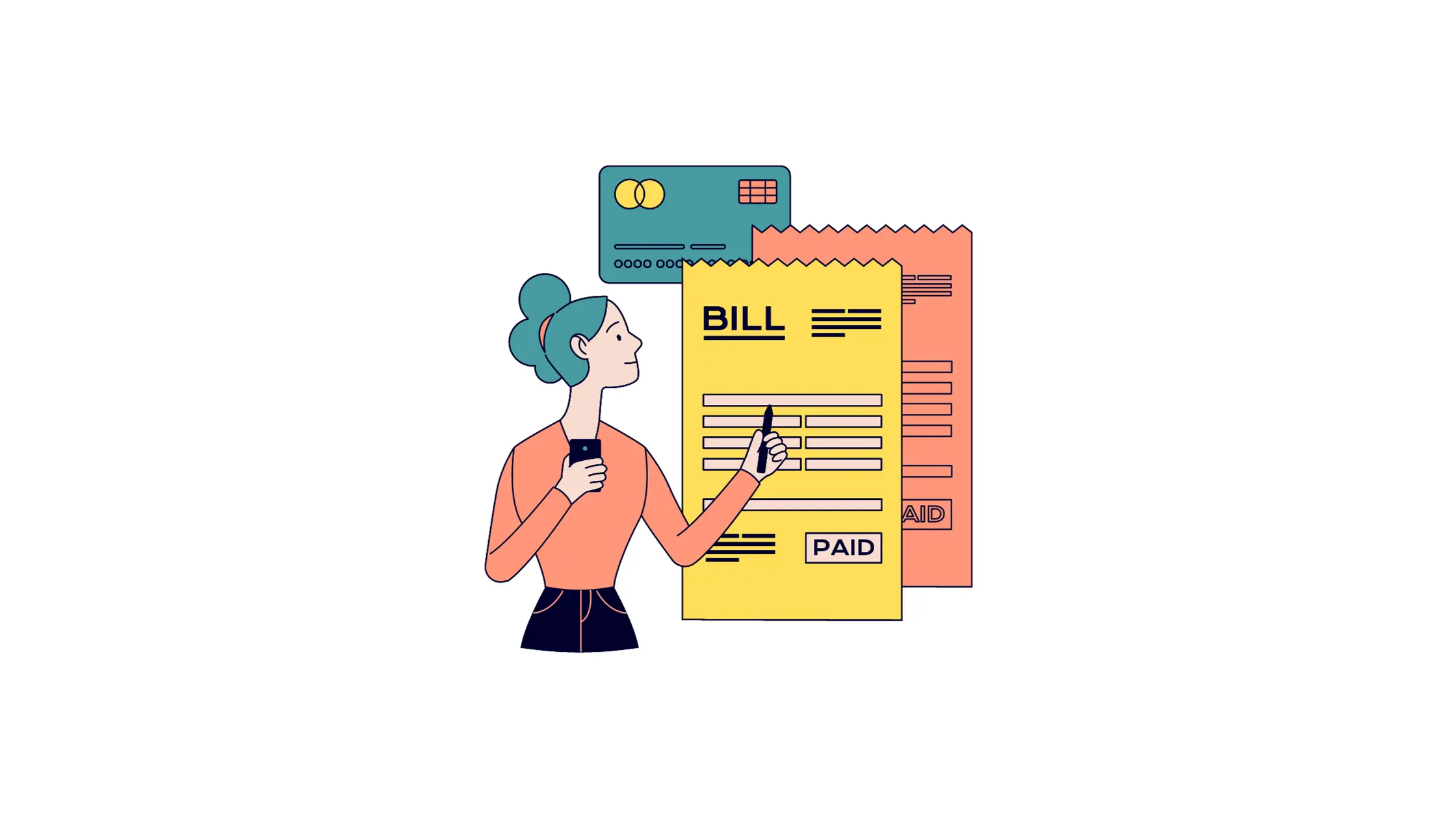Dealing with multiple loans can feel like trying to solve a complex puzzle. Fortunately, the solution is readily available in the form of debt consolidation loans. In India, where the financial landscape is dynamic and diverse, numerous options are available to help you simplify your financial life. In this article, we will unveil the best debt consolidation loans in India by exploring the types of loans offered and categorising them based on general terms, interest rates, and ease of repayment.
Section 1: The Debt Consolidation Loan Market in India
Before diving into the specifics, let us understand the debt consolidation loan market in India with some numbers:
- The National Sample Survey (NSS) reported that household debt in India increased from 9.9% in 2012 to 11.9% in 2018 [1]
- As per a survey by TransUnion CIBIL, 88% of Indian consumers believed that a debt consolidation loan had a positive impact on their credit score [2]
- According to the Reserve Bank of India (RBI), the outstanding credit card debt in India stood at INR 1.2 trillion in 2020 [3]
- Personal loans in India witnessed a significant growth of 15.5% in May 2021, underscoring the need for debt consolidation solutions [4]
As you can see, the debt consolidation market is seeing considerable growth and you can use these loans to break free from debt and live a more financially secure life. Let us understand these loans better so you know which ones to use and when.
Section 2: Types of Debt Consolidation Loans
A. Unsecured Personal Loans
Unsecured personal loans are the most common form of debt consolidation loans in India. They are typically categorised as below:
- General Unsecured Personal Loans: These loans offer consolidation with terms tailored to the lender’s criteria. They are widely available and may come with competitive interest rates from various providers
- Low Credit Score Personal Loans: If you have a lower credit score, specialised personal loans can help you consolidate your debts. They provide an option for those with credit challenges but on the flip side you have to remember that they come with higher interest rates
B. Secured Loans
Secured loans require collateral, which reduces their risk for the lender. This leads to lower interest rates. These loans usually include:
- Property-Backed Loans: Using property as collateral can secure favourable interest rates. However, for you in a way it is a higher risk loan as your property is at stake if you are unable to pay
- Fixed Deposit or Security-Backed Loans: These loans are backed by fixed deposits, life insurance policies, blue chip stocks and other forms of paper security. These also offer lower interest rates and the risk is lower for the borrower as their real estate which usually has higher value is not at stake
Section 3: Categorising Loans by Interest Rates
Interest rates play a crucial role in choosing the best debt consolidation loan. Loans can be categorised based on their interest rates as below:
- Low-Interest Rate Loans: These loans offer the most favourable interest rates, making them cost-effective for consolidation. They are typically available to borrowers with excellent credit or come with secured loans
- Medium-Interest Rate Loans: Loans falling in this category may have slightly higher interest rates but are still competitive. Borrowers with good credit profiles can access these loans at a good rate without having to offer any collateral as security
- High-Interest Rate Loans: Loans in this category may have relatively higher interest rates. They are often accessible to borrowers with less favourable credit histories. In India, these loans are usually given to people working in smaller organisations, or those who run their own small businesses
Section 4: Ease of Repayment
The ease of repayment is another important factor to consider. The best debt consolidation loans can be divided based on their repayment terms into different categories. For instance:
- Flexible Repayment Loans: These loans offer versatile repayment schedules, allowing you to choose a tenure that suits your financial situation. You can also prepay these loans for a small or sometimes no fee
- Fixed Repayment Loans: Loans in this category come with fixed repayment schedules, making it easier to budget for your monthly payments. These loans usually have a higher prepayment fee as the bank or financial institution that gave the loan loses the interest income you would have paid if the loan was paid over its complete tenure
References
- National Sample Survey (NSS) Report
- TransUnion CIBIL Survey on Debt Consolidation
- RBI Annual Report 2020
- RBI Database on Indian Economy
